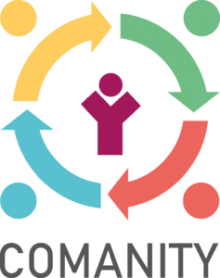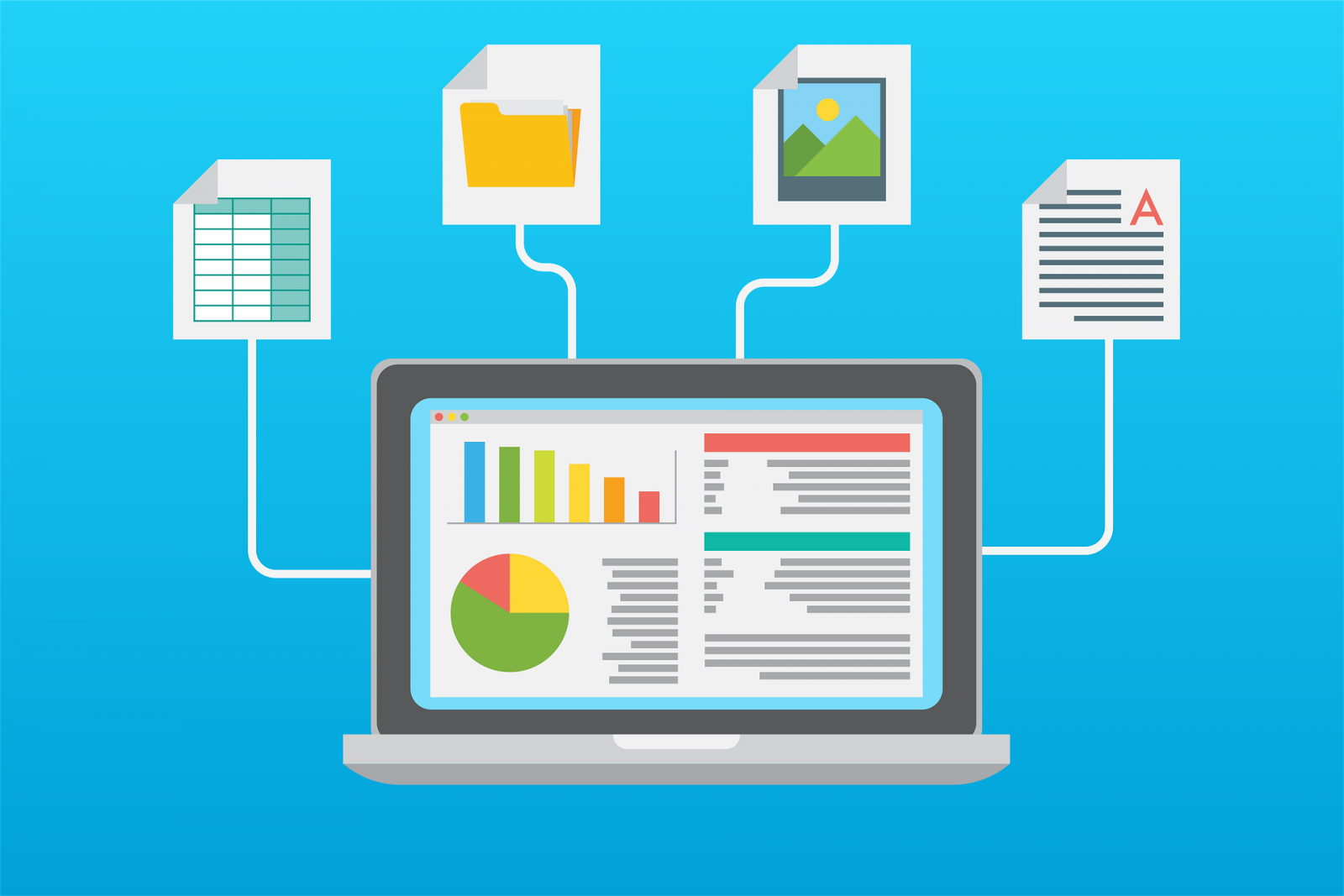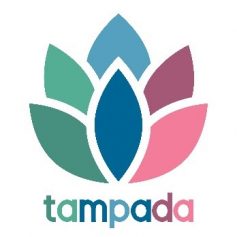On the 17th of January, I attended the EDUMAP final conference in Brussels representing the Lifelong Learning Platform (LLLP), which is a European network of civil society organisations covering all sectors of education and training from formal to informal sectors. Based in Brussels, LLLP represent its 42 members in advocacy work at EU level and encourage cooperation and partnerships through transnational projects. I did not know about the EDUMAP project before but could immediately see many potential to connect it with my own work at LLLP. I was particularly interested to hear about the use of data management tools as innovative solutions to improve adult education provisions to vulnerable groups.
Due to another commitment, I missed the first presentations and arrived when the presentation on “How can access to adult education programmes be improved for vulnerable minority groups using blended face-to-face and social media channels” started. The work done on the conceptual reference model for interactions, allowing the identification of all the key stakeholders linked to vulnerable youth and adult education providers and the nature of their interactions was quite impressive to me as I particularly enjoy such systemic representations and mapping. Using comics’ scenarios to reach out to vulnerable youth looked also very innovative. Outreach to vulnerable groups is indeed a recurrent issue that I come across to in my field of work. Even when youth services are available, rightfully called “hard-to-reach” young people still largely do not benefit from it. However, there are plenty of good practices in the EU and they largely come from NGOs, in particular those based at the very heart of deprived communities, who have traditionally been more successful in reaching out and engaging disadvantaged young people.
 At LLLP, we are currently partner in a European transnational project called COMANITY, which aim to bridge “mainstream” institutions (such as youth services) with disadvantaged youth through a new role in youth work, the “Comanity Animateur”. The concept has been developed around a competence framework composed of 3 macro areas, 13 competence areas and 49 listed competences. Among those, the need of youth workers for improved competences in “Using mapping, networking and mediation” as well as the offline and online ability to “Access, organise and manage resources efficiently” were identified as key. The project started last year and is currently developing a training programme based on the competence framework. As well as in the EDUMAP project, COMANITY aims to develop active citizenship among vulnerable groups, by empowering them to be more active in their own communities.
At LLLP, we are currently partner in a European transnational project called COMANITY, which aim to bridge “mainstream” institutions (such as youth services) with disadvantaged youth through a new role in youth work, the “Comanity Animateur”. The concept has been developed around a competence framework composed of 3 macro areas, 13 competence areas and 49 listed competences. Among those, the need of youth workers for improved competences in “Using mapping, networking and mediation” as well as the offline and online ability to “Access, organise and manage resources efficiently” were identified as key. The project started last year and is currently developing a training programme based on the competence framework. As well as in the EDUMAP project, COMANITY aims to develop active citizenship among vulnerable groups, by empowering them to be more active in their own communities.
In EDUMAP, the “power of number” – data that can nurture policy-making to improve outreach to vulnerable groups – clearly plays a significant role. I could see with the Intelligence decision support system (IDSS) prototype that they have developed, an interesting and inspiring case study for a new project in which LLLP is taking part. What the IDSS software has to offer is to provide policy-makers with evidence-based insights, hence helping them to narrow the gap between demand and supply in adult education while improving the learning and service provisions for vulnerable groups.
The European project “tracking and monitoring the progress of adult learners” (Tampada) have similar goals, except that it aims to benefit to the adult education providers mostly. One of the main challenges both projects have identified is the difficulty to systematically collect data from individual learners or to access data from other sources, for instance public administrative data. In both cases, privacy issues arise and the notion of trust toward institutions (public authorities and/or adult education providers) is repeatedly at stake. Together with the lack of interest from the learners themselves, trust and privacy are the most common barriers to data collection implementation.
Building efficient systems for the monitoring of learners’ educational and professional pathways, acquired hard and soft outcomes, is increasingly a priority at EU level, as it is a necessary element that can contribute to making any upskilling policy more successful in the long run. Seizing the opportunity of technologies and data mining software improvement, it has also become less resource consuming to develop such tools. The Tampada project partners are still looking for initiatives from public authorities or adult education organisations from Belgium, United Kingdom, Greece, Slovenia and Sweden to feed their research. Do not hesitate to be in touch with us via the contact below if you know of any!
To ask questions or information about the projects mentioned, you can contact me at pauline.boivin@lllplatform.eu.
Pauline Boivin,
Project and Policy Officer at the Lifelong Learning Platform




[…] How access and collection of data, resource management and related competences can provide insights … […]
The EduMAP Intelligent Decision Support System (IDSS) illustrated | EduMAP
21.2.2019 10:20